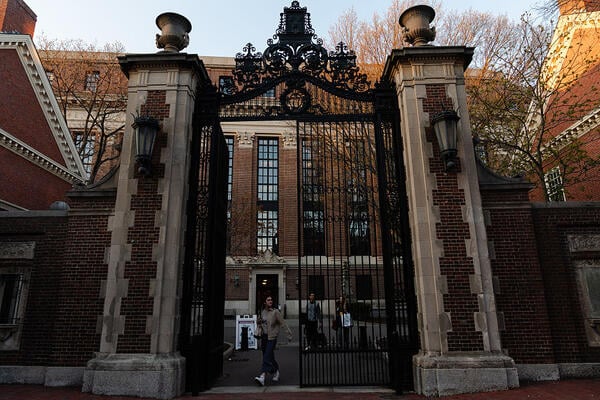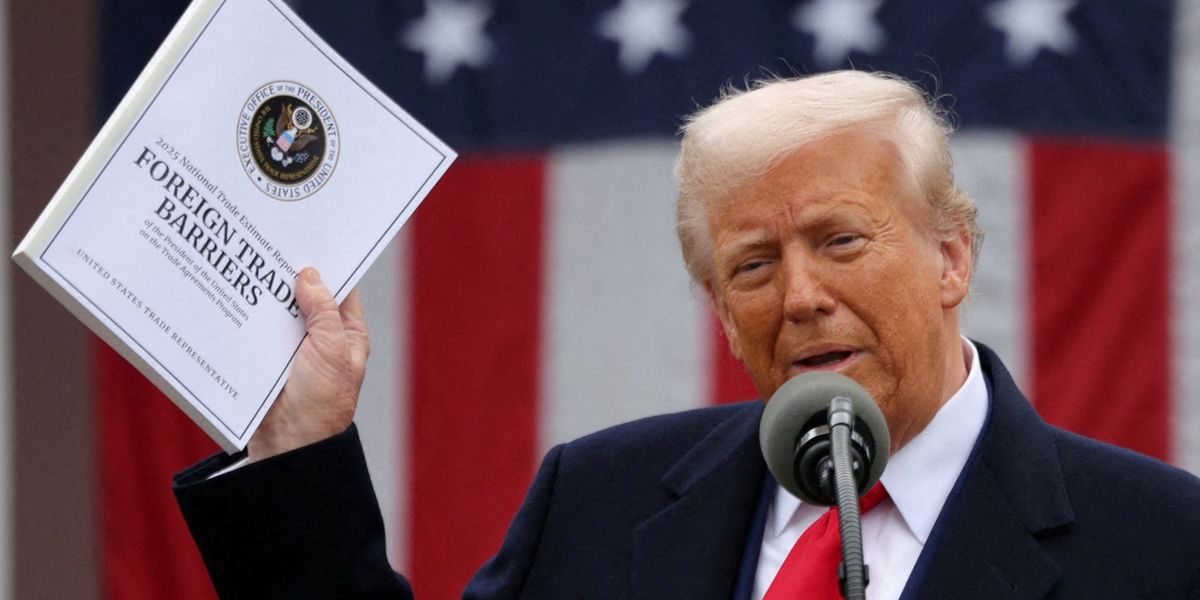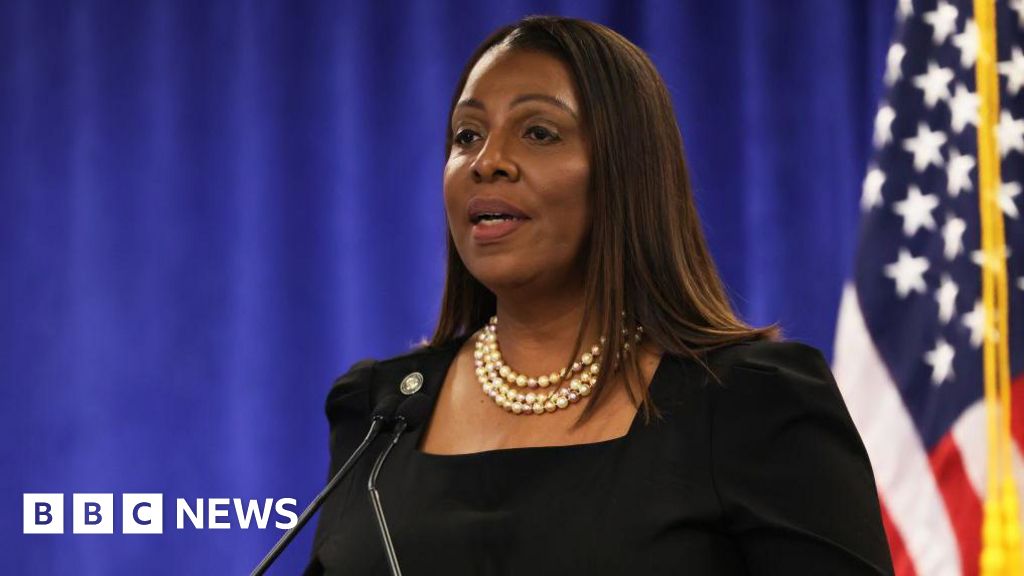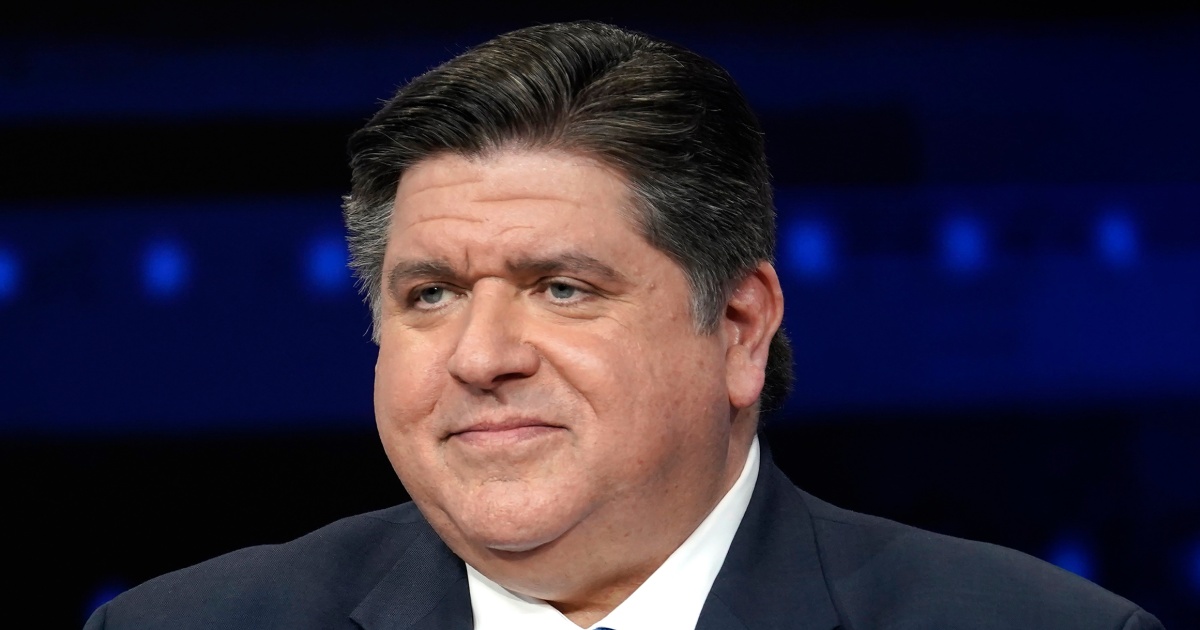Concerns Over Government Plans to Alter Arts Funding in England

In her weekly newsletter, Roula Khalaf, Editor of the Financial Times, brings attention to a pressing issue concerning the future of arts funding in England. Sir Nicholas Serota, the chair of Arts Council England (ACE), has raised alarms about potential government changes that could threaten the independence of artistic expression in the country.
Serota cautioned that if ministers move forward with their plans to eliminate the arms-length funding body for the arts as part of a broader initiative to reduce the number of quangosquasi-autonomous non-governmental organizationsthey risk curtailing liberty of thought and intensifying existing cultural conflicts. He emphasized in an interview with the Financial Times that the Arts Council serves as a critical buffer between artists and government intervention. Without this protective structure, he argued, the likelihood of government interference in the arts would increase significantly.
The role of the Arts Council is to act as a protector of artistic freedom, Serota stated. If we dont have that freedom, we are moving toward a society where liberty of thought and expression is constrained. Drawing parallels with the current cultural climate in the United States, he pointed out how a shift in government leadership can lead to the withdrawal of funding for the arts, stifling debate and creative dialogue within society. He suggested that such changes would only serve to further polarize public opinion.
Serotas warning arrives at a time when the UK government is contemplating the abolition or merger of more than 300 quangos in an effort to tighten fiscal policies and restore direct ministerial control over various policy areas. This move is part of a broader governmental strategy aimed at streamlining operations and cutting costs.
Notably, a separate review initiated by Baroness Margaret Hodge, which was announced last December and is slated for release next year, will assess the efficiency and governance of Arts Council England. However, it will not evaluate whether the organization should continue to exist.
In the United States, similar moves have been observed under the Trump administration, where the former president positioned himself as chair of the Kennedy Center while simultaneously purging its board. His government took steps to reduce funding for museums and libraries and imposed restrictions on which projects could receive grants from the National Endowment for the Arts, an independent agency.
Sir Nicholas Serota, who has been at the helm of ACE since 2017 and was recently reappointed for an additional 18 months, expressed his anticipation for Hodges review, describing it as likely to be tough but fair. He underscored the strengths of the British arts funding system, which, unlike the US, minimizes the capacity for individual politicians to dictate which organizations receive financial support.
Established in 1994 following the disbandment of the Arts Council of Great Britain, ACE reported an income of 797 million for the fiscal year ending in March 2024, with approximately 70 percent sourced from government funding. During this same period, ACE allocated 716 million through various funding streams, with nearly half directed toward its flagship national portfolio program.
Launched in 2023, the national portfolio includes 990 organizations, ranging from prestigious institutions like the Royal Opera House and Royal Shakespeare Company to smaller entities such as The Postal Museum and Ledbury Poetry Festival.
A recent analysis conducted by consultancy Cebr on behalf of ACE highlighted nine significant spillover effects resulting from public arts funding, including its role in stimulating regional economic growth and attracting private and international investments for new projects like Aviva Studios in Manchester. This cultural hub, which opened two years ago on the former site of Granada Studios, is projected to create 1,500 direct and indirect jobs over the next decade.
In light of the governments upcoming Spending Review, Serota urged Chancellor Rachel Reeves to leverage this opportunity to elevate Britains cultural standing. He provided ample examples where initial public sector investments in capital projects, such as regional theaters or galleries like the Hepworth Wakefield, have catalyzed private sector confidence and investment.
As arts funding faces increasing pressure from tight budgets, Serota, who previously served as the director of Tate from 1988 to 2017, posited that the UK should consider adopting strategies used in France. He advocated for tax incentives for businesses that sponsor arts venues, similar to Frances Aillagon law, which offers substantial tax relief on donations to cultural institutions.
This law, introduced in 2003, provides a 60 percent tax break on donations, with a cap set at 0.5 percent of a companys annual turnover. Serota believes that such a policy would present a compelling incentive for UK businesses, especially given the current corporation tax rate of 25 percent. He lamented that the UK has not effectively utilized its cultural influence in recent years.
ACE faced significant criticism in 2022 for reducing its funding to the English National Opera and instructing the opera company to relocate outside of London, a move mandated by the then Conservative government to redirect 24 million in annual funds away from London institutions as part of its levelling-up initiative.
In a recent development, Wigmore Hall, a notable classical music venue in London, withdrew from ACEs national portfolio, citing bureaucratic red tape, despite having successfully raised 10 million through private means.
Culture Secretary Lisa Nandy has committed to ensuring that arts and cultural institutions truly become accessible to everyone, regardless of their location. Currently, London receives one-third of ACEs national portfolio funding, a decline from 41 percent during the 2018-2023 period.
While the agency aspires to enhance access to cultural experiences in areas that have historically lacked them, Serota warned of the limits to which funds can be redistributed out of London without jeopardizing the sustainability of the entire arts ecosystem.
When asked about ACE's engagement with the arts sector, Serota acknowledged the need for the organization to build trust and mentioned ongoing efforts to simplify grant application processes. He remarked, ACE does listen, but you can never listen enough. A truly effective Arts Council would be perceived as the voice of organizations involved in the arts, and there are times when were not sufficiently in tune with their concerns. He concluded by emphasizing that while ACE may not always get it right, it remains committed to advocating for the arts.


























